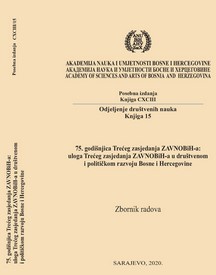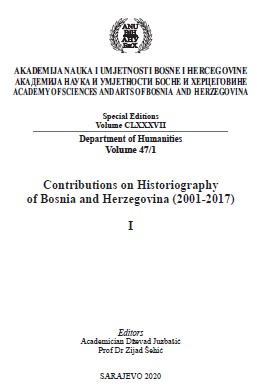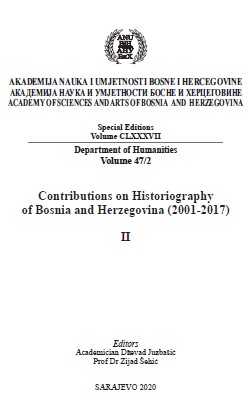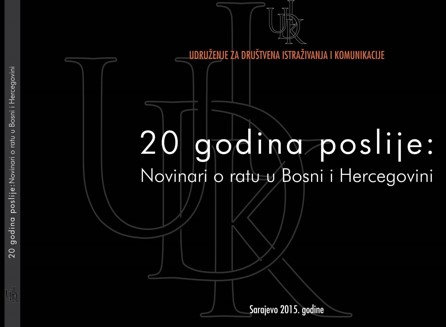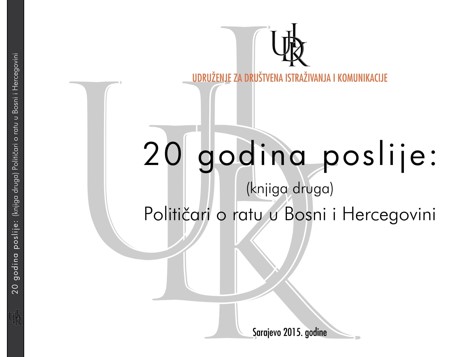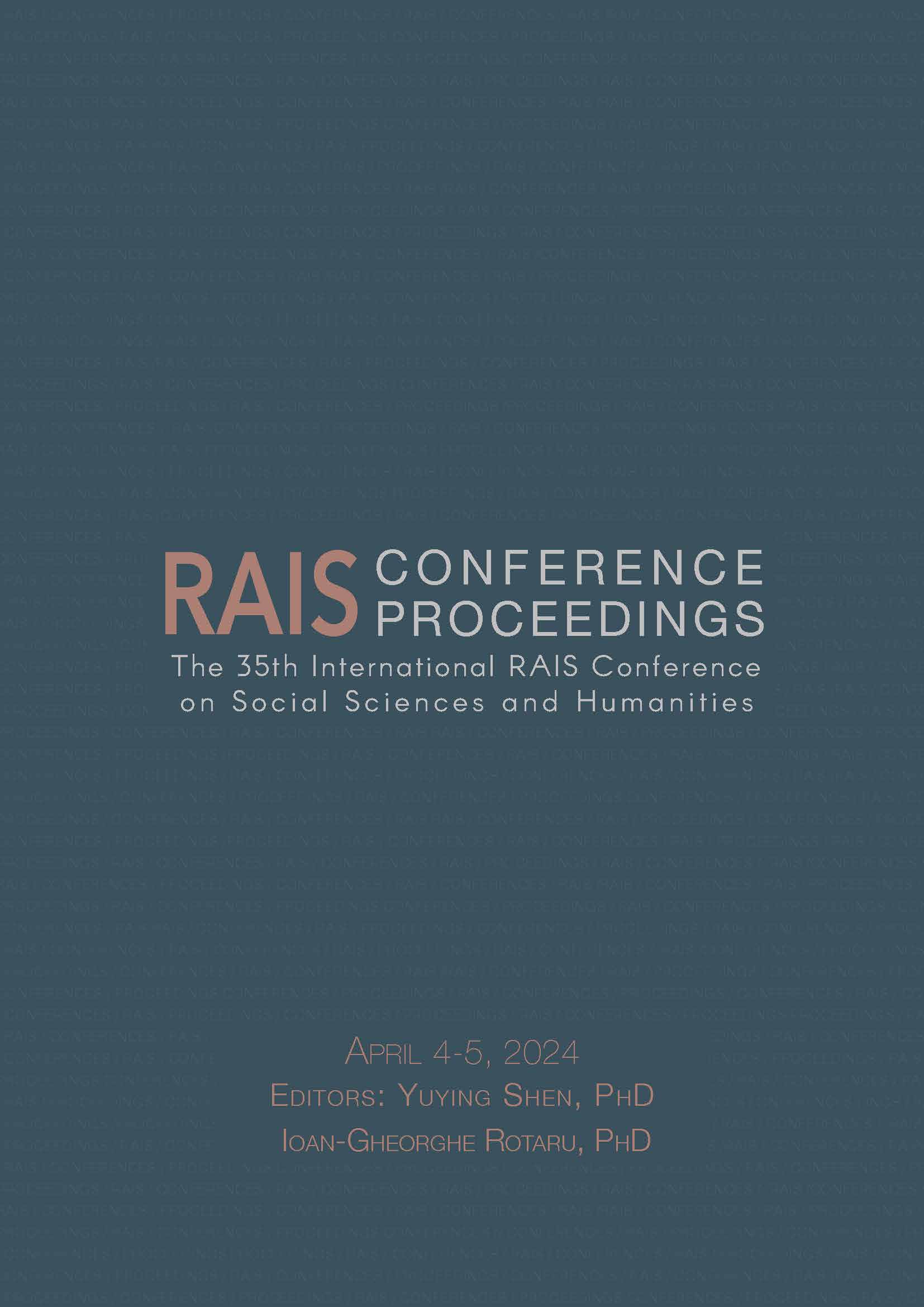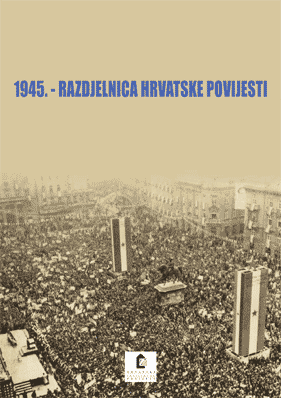
Poslijeratni komunistički sustav i javno ponašanje
The author directs his attention at the public behaviour of individuals and groups within the context of the totalitarian communist system of Socialist Yugoslavia. In imitation of the Soviet system, the postwar communist regime in Yugoslavia had as its goal the total control and direction of society and individuals. Proceeding uncompromisinly it killed every hope of the possibility of change. Constructing a closed society, the system did not create the opportunity for choice. From the middle of 1945, those who did not accept a totalitarian Yugoslavian government as their own, in order to survive, had to adapt. The most common form was to act under false pretenses: individuals kept their own convictions to themselves, but out of oportunism they presented themselves in public according to the demands of the ≪new times.≫ The new situation was especially reflected in family life. Double upbringing: private at home and public in kindergarten and school, was a common occurence in this era. Religion, but also spirituality in general, were relegated to family and church (sacristy). Artists were especially challenged to conform to the official style – socialist realism. Public manners and style came under the powerful influence of the ruling ideology. Official unidimensional reality fell upon human spirits like a uniform grayness. People lived in the same gray apartment blocks in identical apartments. The village too had to accept on uniformity. In creating the new man, weak as he was, the citizen had to surrender to the subject, and the integral person to the homo duplex, or the man without a chest.
More...
